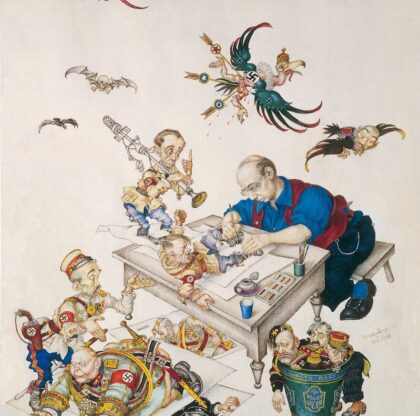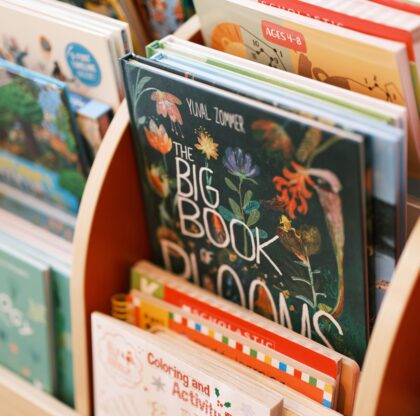Get the latest food, drinks and things to do news directly to your inbox. Subscribe Now
Earlier this week, New York City Mayor Eric Adams and Queens Borough President Donovan Richards announced plans to develop the Queens Holocaust Memorial—set to be the first major Holocaust memorial in the borough.
The project, which will be built in part from $3 million in combined city and borough funding, will honor the six million Jewish people murdered during the Holocaust and “the survivors who rebuilt their lives in New York City,” according to an official press release. Standing on the grounds of Queens Borough Hall, the memorial is intended as a public space dedicated to memory, reflection, education and intergenerational resilience.
“It is not enough to say ‘never again’—we have to live it with our actions too,” Mayor Adams said in an official statement. “By preserving the stories of both victims and survivors, by creating a permanent space for remembrance and reflection, by promoting understanding and solidarity across generations, this memorial will live out the meaning of ‘never again.’ As our city and our country confront the rising tide of antisemitism, our administration will not remain silent. We will use our office to call out hate wherever we find it, encourage compassion wherever we need it and create a city where everyone can live side by side in harmony.”
According to the city, the memorial’s development will be overseen by the Department of Citywide Administrative Services, which will coordinate site planning in collaboration with community leaders and local organizations. A formal design process will follow, including the creation of a public garden and commemorative art installation. The artwork will be selected through the Department of Cultural Affairs’ Percent for Art initiative, with guidance from cultural experts, artists, historians and Holocaust survivors. Once complete, the site is expected to host remembrance events, student learning programs and community gatherings to strengthen cross-generational understanding and fight indifference.
The city notes that New York is home to the largest population of Holocaust survivors in the world—and that many of those who escaped Europe after liberation rebuilt their lives in Queens. Survivors established small businesses, raised families, invested in communal institutions and helped shape the borough’s modern Jewish life. Their contributions not only defined neighborhoods like Forest Hills and Kew Gardens but also helped cement New York as one of the most significant Jewish cultural centers globally.
The memorial originated as a proposal from the Queens Jewish Community Council, supported by civic and faith leaders. Once completed, the Queens Holocaust Memorial will join existing sites of remembrance across the five boroughs—standing as Queens’ first large-scale monument to the Shoah, memory and the endurance of those who survived it.



